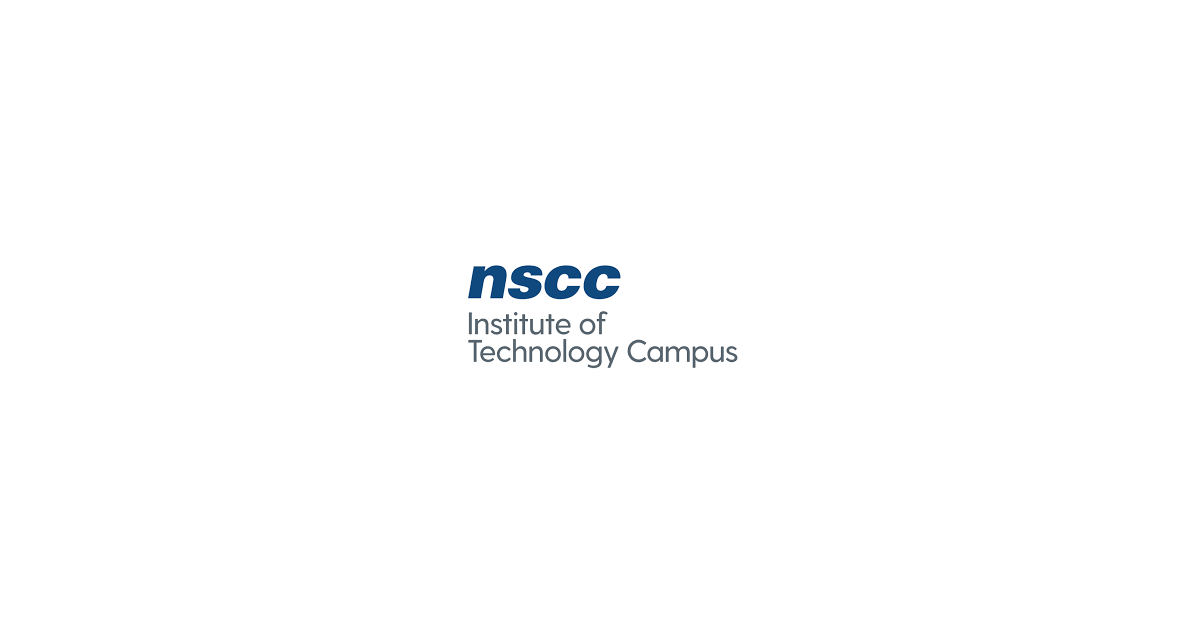How to Relate to “Millennials” — #spoileralertitsnotwithhashtags

October 12, 2016
Whether we are trying to engage them with relevant and interesting content, attract them to our workforce, or just understand what they want, the term “Millennial” is everywhere.
As a former account manager at an ad agency, the word Millennial is certainly not foreign to me. It appeared in almost every brief, strategy presentation, case study video, and pitch deck.
In my new position at Kerrwil, it stills come up every day whether it is on websites, social media, in newsletters, or peppered throughout articles (like this one).
But come on folks, I can’t be the only one who is so sick of the word , can I?
The reality is, we are a portion of the population that cannot be ignored:
“Millennials, whom we define as those ages 18–34 in 2015, now number 75.4 million, surpassing the 74.9 million Baby Boomers (ages 51–69).” — Pew Research Center, 2016
I completely understand the obsession, so it’s about time we learn how to communicate with this portion of the population in a relevant, meaningful and engaging way. (And trust me, it doesn’t mean using hashtags on every other word).
1. Don’t call us Millennials
The term Millennial is just a way to segment a specific age group, nothing more. It was never meant to be outward facing language. We can’t assume that everyone in-between the ages of 18–34 are going to act the same, or share the same values and beliefs. Besides, Millennials would never call themselves a Millennial; nor will they ever think of themselves as one.
It is likely, that most Millennials who have heard the term have heard it being used in a negative light: “Millennials are entitled and selfish,” “Millennials jump around too much in their career,” “Millennials can’t focus,” “Millennials are always on their phones.”
And although in some cases that may be true, all that term does is leave a bad taste in our mouth as we recount the never-ending articles about the stereotypes put on our generation.
Just like generations before us, there have been a variety of events and experiences that have shaped our views, opinions, behaviours and attitudes toward the world; and not all of those are aligned with the neat little box that society has put around this generation.
If the only lens you are looking at us through, as an employer or marketer, is as just “another Millennial,” then you may be missing out.
2. Be authentic
Listen, in this day and age we know that everything is fake, constructed and almost “too” perfect. So, you know what we want to hear? The truth.
Being real will help you form meaningful relationships with us. We want to hear about your failures in life, at work, or with love and how you managed them. Trust me, we will listen because we are going through all the same things.
Let’s toss out clichés like: “Well, it was a good learning experience,” or “It was important so I could understand what I didn’t want.” You can’t seriously be saying that your summer job during university at the dump was an enriching experience?! Just be honest, and call it what it was: a job to help you pay the bills.
If you are honest, we will follow your lead and begin to open up as well. By getting to know us better, you will be able to understand what we are interested in, what engages us, and what we want to share. The biggest benefit of this will be in your social media communications.
3. Don’t be on social media just to be on social media
Each social media platform serves a particular purpose, if your brand or company doesn’t fit on a specific platform, that’s okay. Don’t force it. We can spot a poser, and that could create negative associations with your brand or company.
For example, on a typical day here is how I use my social media platforms:
- Facebook —scroll through until I find a funny video clip and watch for 5 seconds, unfriend people from high-school that I don’t even recognize, create and respond to event invitations, share events or articles on current events that mean something to me
- Twitter —look for TTC delays, and browse news headlines so I can sound smart and current in my daily conversations
- Instagram —cruise photos and feel bad about my seemingly boring life compared to everyone else’s
- Snapchat —take selfies and use fun filters
- LinkedIn — network with professionals in my industry, and read about how to network with professionals in my industry
So, before posting or engaging with us on any of these channels ask yourself how your brand and company can contribute positively to and seamlessly within these experiences? Say you have a really beautiful photo, or a current story, then by all means share. But, if you’re going to just brazenly promote your brand/company using the same content and verbiage across all mediums, then chances are we’re going to ignore it.
Now, all of these tips are just the opinion of one person, who happens to fit within the millennial age group. This is not intended to be a quick add-on to your business’ communications strategy. These are just a few suggestions that may help to strengthen your relationship with this particular segment of your audience.
As I said, we are all different , so just take the time to get to know us. We’re not trying to make it difficult for brands and companies to relate to or engage with us, it’s just hard when your entire generation becomes generalized under one label.
The best answer I can give on how to communicate with us is to stop trying so hard. Don’t write us off as just another Millennial. Get to know us. Who knows, we may become your best customers.
Watch for the first in a series of articles on how to use social media to build your business in the November 1 issue of EIN.
Julie Kerr is Associate Editor / Research Associate, Electrical Market.





![Guide to the Canadian Electrical Code, Part 1[i], 26th Edition– A Road Map: Section 56](https://electricalindustry.ca/wp-content/uploads/2022/11/Guide-CE-Code-2-768x432.png)




![Guide to the Canadian Electrical Code, Part 1[i], 26th Edition– A Road Map: Section 56](https://electricalindustry.ca/wp-content/uploads/2022/11/Guide-CE-Code-2.png)




